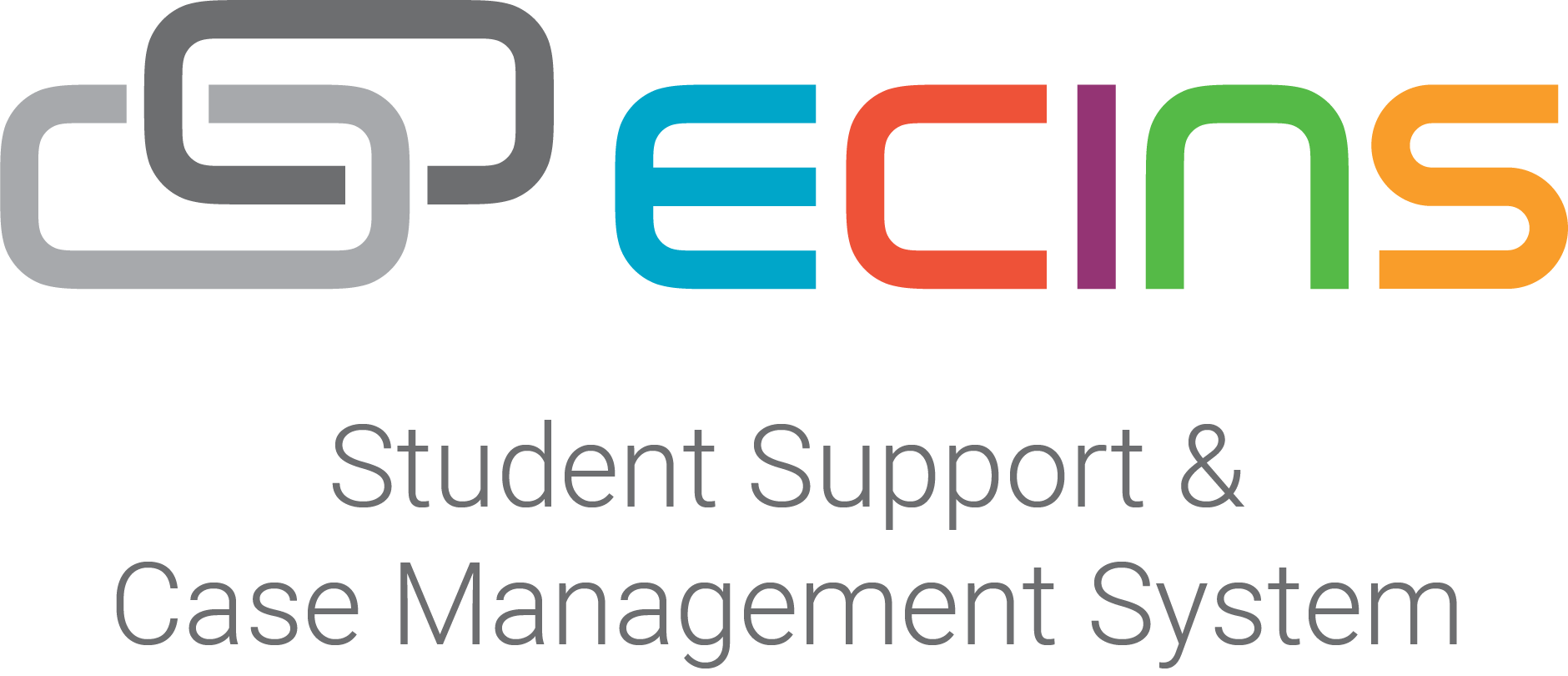Mental health is an increasingly important topic of discussion in the education sphere. In recent years, the need for universal mental health screening in school-aged students has gained attention from educators, parents, and politicians alike. Fortunately, studies have been conducted to measure the impact of such programs, and the results are promising.
Reports from the RAND Corporation, a non-profit research organization, show that school-based mental health screenings primarily benefit students. These screenings allow for earlier detection and intervention of mental health issues, improving the wellbeing of students and preventing future problems. Along with the direct benefits mentioned, these screenings also seem to benefit educators.
While some schools may be worried that school-based mental health screenings cause an unmanageable workload increase, the RAND reports have shown this phenomenon to be non-existent. The screenings are often quick, easy, and even automated, meaning that educators don’t have to take on any more responsibility than before. For educators who want to go above and beyond for students, this data is comforting; they can be sure that their efforts are still making a positive difference.
Overall, the data published by the RAND Corporation is promising. It suggests that the implementation of school-based mental health screenings can have huge benefits for students and educators alike. The fact that existing data shows these screenings don’t increase an educator’s workload is another cause for rejoicing – it shows that educators can still do their jobs while also addressing the mental health needs of their students.
School-based mental health screenings present a wealth of opportunities for both students and educators. From early detection and prevention of mental health issues to no added responsibility for educators, these screenings have numerous critical benefits. The data published by the RAND Corporation suggests that implementing such programs could have a positive impact on the education system, and so far, no evidence of a workload increase has been found. Undoubtedly, further research should be conducted to ensure the best outcomes for all parties – but for now, the potential of school-based mental health screenings seems undeniable.

